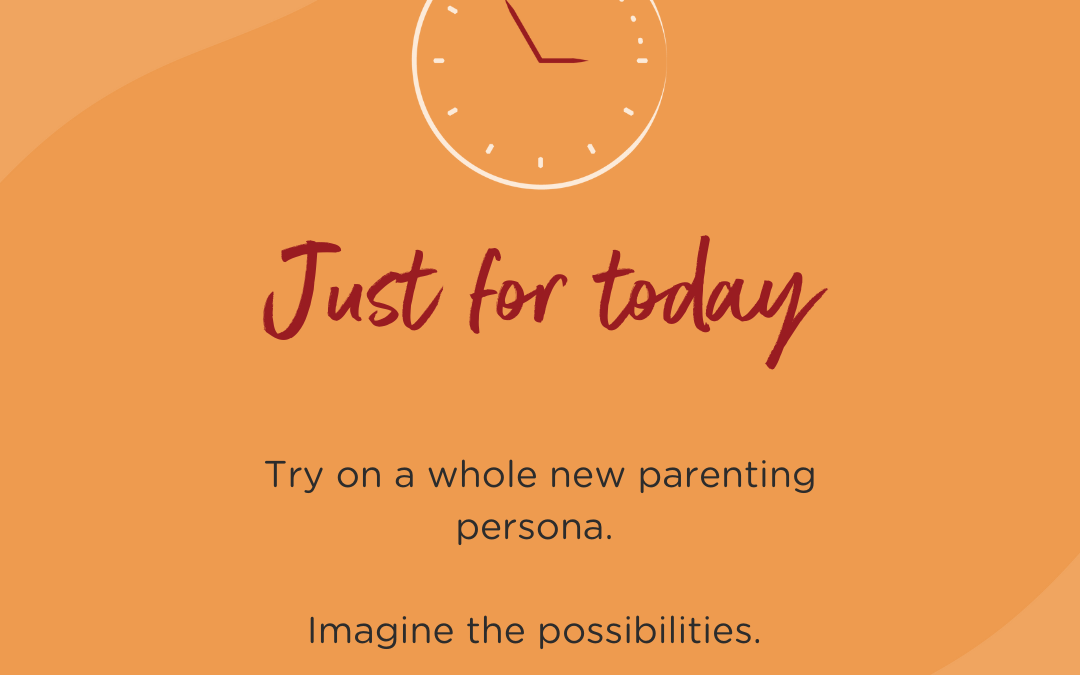Why is it that when we set a boundary with our teen, it can be the beginning of a battle?
There are two places so many of us slip up in: Boundary setting and Self-Responsibility
Let’s have a quick heel-toe through boundaries first
We have this thing about boundaries, and not setting them clearly. Our stuff ups can be because we (being thinking and feeling humans) are worried about what others will say, think and feel when they don’t like our boundaries.
We see this with our tweens and teens all the time as they learn to navigate relationships and friendships. Boundary setting isn’t the cool thing to do because #what if they don’t like me? Our teens are still growing their sense of self and that makes them susceptible to feedback and perceived judgments – from ALL they hold dear … that does include you in case you were wondering.
Even though we’re now all grown up, how far have we come from our own teenage insecurities? A boundary-setting problem will have an origin somewhere and 9 times out of 10, it’s found in our teen years.
We set a boundary with our teens. They ignore it (because they’re teens, they’re meant to) and that sets us off. An often repeated question I hear time and time again is “How can I make them … (insert current problem behaviour)?”
The defiance parents receive from their teens arrives when the teens work out that their parents “can’t ‘touch me’ and therefore can’t make me.” And these teens don’t. They’re rebelling for many reasons, often personal, that they deem to be valid.
When your teen does this, some parents will throw in the towel. They’ll agree with their teen, shrug their shoulders and let their teen continue to not comply. At the same time, they’ll needle their teen by setting themselves up as the ineffective parent with a ‘woe is me’ story, while still pandering to their teens food requests and transport requirements.
If this is you, be kind to yourself. You’ve managed to put yourself into this position for a number of reasons. As you untangle your mess, be kind to yourself. Untangling a mess is brave work, adding judgment and shame to the work will make it even harder.
Take a deep breath and congratulate yourself for being willing to change what’s not working.
Step by step, you’ve got this:
First of all, take some time to see what’s triggering you – get clear about why this boundary is important. Be brave and listen to the concerns of your teenage self. Even take a moment to do a spot of journaling and get those thoughts out of your head so you know exactly what it is that’s bothering you.
Secondly, find a personal story that will bring your concerns to light. Tweens and teens may outwardly groan about your stories but secretly, they love them! Pick something that you’re comfortable sharing with them and use it to highlight your concerns. Boundaries can feel random and personal (and unfair) to teens so bring in a personal touch, and a why. You’re setting the boundary to protect the things that are important to you (which is them), so make sure they know it.
Third, pick a time when it’s okay to talk to your teen. Are they slightly nicer when you’re about to feed them/have just fed them? Before bed? When they just wake up from a nap? As their parent, you’ll know.
Now, we’re stepping over to the other area we’re all guilty of slipping up in from time to time: self-responsibility
Be brave and have a conversation.
Be prepared to unpack what’s behind the defiance with them. Listen to their woes and how they feel when you resort to nagging, shouting, swearing, and bribing to get them to “Do as they’re told.” If these strategies have been your default mode of parenting the outward compliance you received will have come at the cost of growing inner resentment and bitterness. Now is the time to do things differently.
This is fertile ground for a step into the drama triangle of labels, blame, and shame. If you notice any mention of “It’s not fair” or “It’s not my fault” then you have a teen somewhere in the drama triangle.
The good news is, with a bit of coaching from you they can be flipped into the empowerment triangle. The one where there are coaches, challengers and creators. That’s where the magic happens.
You know it’s time to make a change. And that change is looking at your own levels of self-responsibility.
Are you guilty of burying your head in the sand, and not ‘seeing’ their social media habits? The habits that are leading them to stay awake most of the night. Now is the time to acknowledge your part, show up, and to be self-responsible. When you open the conversation with them and model your interest, and your self-responsibility, you will find your teens will do the same.
They won’t change until you do – mainly because they don’t know how, they’re copying you. So far, their behaviour is a reflection of your behaviour.
Self-responsibility is hard to start. As their parent, it can feel that we’re responsible for everything. But we’re not. We’re responsible 100% for being a proactive parent. They’re responsible for their behaviour too.
To get clarity, grab a sheet of paper and divide it into three columns. Label them as follows:
- Things I can’t control
- Things I can influence
- Things I can control
Work through yours first. Then sit down and work through your teen’s together. The responses will often give you a clear way forward.
When you begin to model the process of change, that’s when they’ll begin stepping up too.
When you take 100% responsibility for yourself, imagine your changed relationship.
Wait a minute, I hear you thinking … it’s not just me, what about them?
When both of you take 100% responsibility for yourselves, imagine your changed relationship.
Right now your best parenting practice is to keep talking. Make sure you are explicit with your boundaries. It’s quite ok to say, “I expect you to be home by 11 pm,” and have that happen. Or, “I expect you to help cook dinner two nights a week” and have that happen. You simply need to have conversations to unpack these requests. Conversations that involve values like self-responsibility, contribution, love, togetherness, and safety. The list is endless, and when it’s personal it’s also effective.
When they push back, react from love. This is the opportunity for you to have the conversations they need to have. Gently wind back the clock and find out what they’re struggling with, then reset the boundary with firmness. It might sound like, “I appreciate you’d rather not cook dinner, however we all pitch in around here. Does that sound reasonable to you?” Wait for them to think about it. Get their agreement. “Now, how can I support you to …?” And listen to their ideas.
Their ideas can help you make a plan to move forward together.
Your rangatahi needs you to be their parent now more than ever.
You can be friendly. You can be gentle. While still being firm and consistent. You can be the parent they need you to be.
Being an adolescent is simply a part of their growth. Guide them well, they’re counting on you.
To step up your parenting, visit www.beautifulconversations.co.nz and sign up for the pānui where I share in more depth on this topic. Come and join our parenting whānau and get supported.

